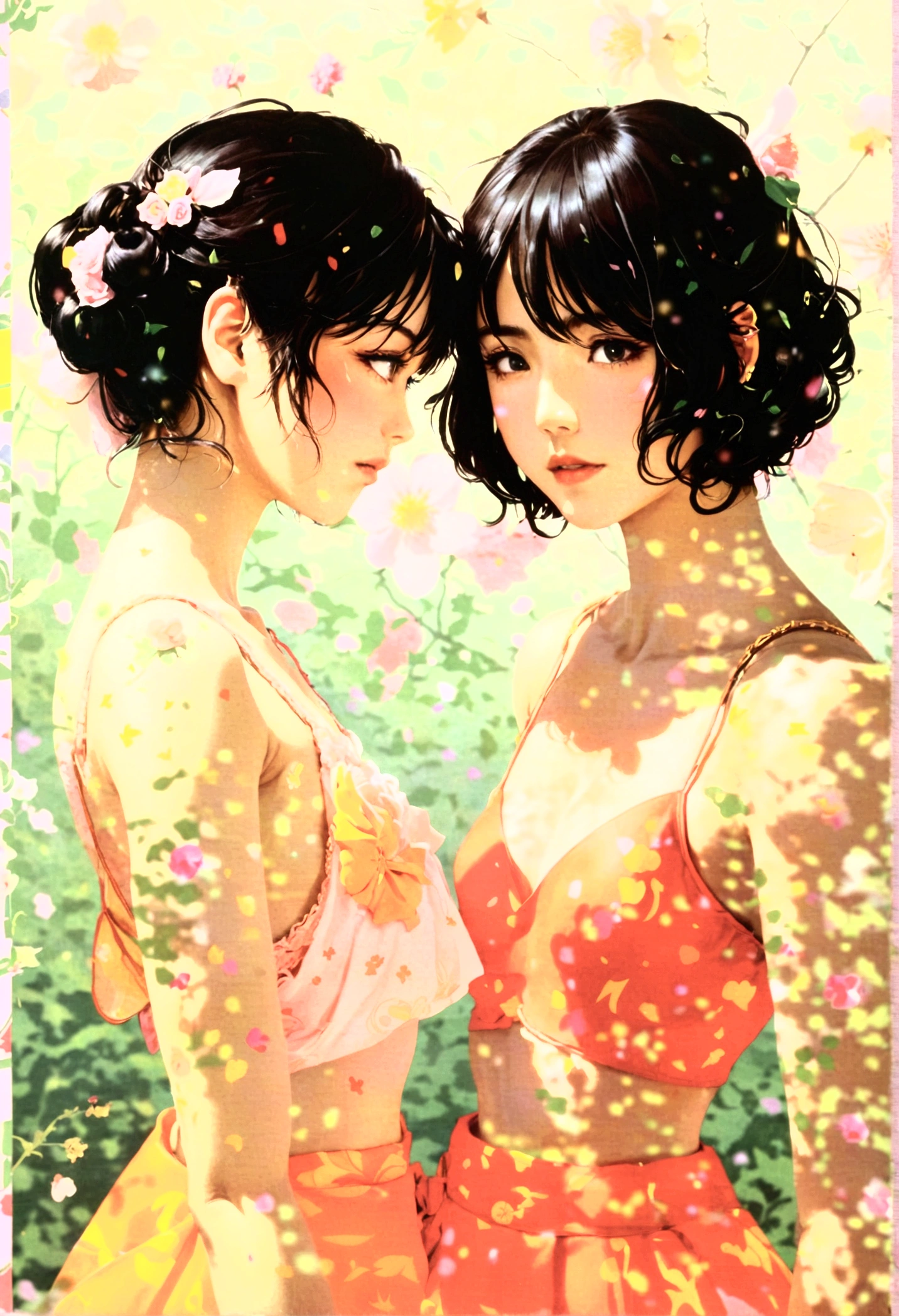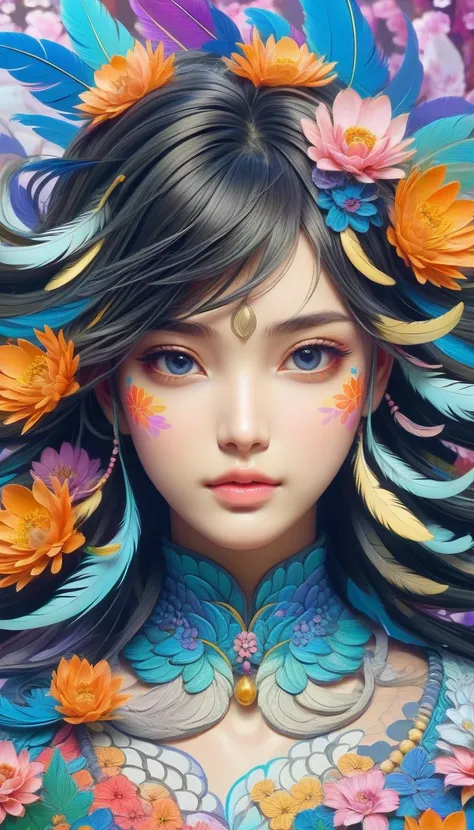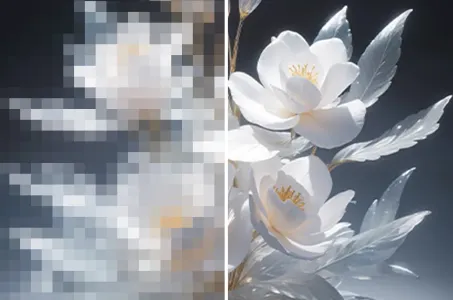Here are the article's main points summarized in bullet points


私のプライベートに興味あるかもね。
Here are the article's main points summarized in bullet points: **Terminology and Etymology** * The word "yuri" () translates to "lily" and is a common Japanese feminine name. * The term "yuri" was first used in the 1970s to describe female homoeroticism. * The term "girls' love" (ガールズラブ, gāruzu rabu) and its abbreviation "GL" were adopted by Japanese publishers in the 2000s. * "Shōjo-ai" () is a term used in Japan to describe pedophilic relationships between adult men and girls, not lesbian relationships. **History of Yuri** * The yuri genre originated from Japanese lesbian fiction of the early 20th century, particularly the works of Nobuko Yoshiya and Class S literature. * The 1970s and 1980s are considered the "dark age" of yuri, with a focus on tragic narratives and stereotyped dynamics. * The 1990s saw a resurgence of yuri, with the popularity of anime and manga series like Sailor Moon and Revolutionary Girl Utena. * The 2000s saw the establishment of yuri as a discrete publishing genre, with the launch of magazines like Yuri Shimai and Comic Yuri Hime. * The 2010s and 2020s have seen a diversification of yuri works, incorporating new genres, themes, and subject material. **Themes and Characteristics** * Yuri works often depict intimate relationships between female characters, including romantic, sexual, and emotional connections. * The genre is not limited to lesbian relationships and can include emotional and spiritual connections between women. * Yuri works often feature strong emotional bonds between characters, particularly in the context of school settings. * The genre has been influenced by Japanese culture and society, including the concept of "homosociality" and the portrayal of women in shōjo manga. **Impact and Influence** * Yuri has had a significant impact on Japanese popular culture, particularly in the realm of anime and manga. * The genre has also influenced Western fans, with the term "yuri" being used to describe female-female romance
プロンプト
プロンプトをコピー
Here are the article's main points summarized in bullet points: **Terminology and Etymology** * The word "yuri" () translates to "lily" and is a common Japanese feminine name. * The term "yuri" was first used in the 1970s to describe female homoeroticism. * The term "girls' love" (ガールズラブ, gāruzu rabu) and its abbreviation "GL" were adopted by Japanese publishers in the 2000s. * "Shōjo-ai" () is a term used in Japan to describe pedophilic relationships between adult men and girls, not lesbian relationships. **History of Yuri** * The yuri genre originated from Japanese lesbian fiction of the early 20th century, particularly the works of Nobuko Yoshiya and Class S literature. * The 1970s and 1980s are considered the "dark age" of yuri, with a focus on tragic narratives and stereotyped dynamics. * The 1990s saw a resurgence of yuri, with the popularity of anime and manga series like Sailor Moon and Revolutionary Girl Utena. * The 2000s saw the establishment of yuri as a discrete publishing genre, with the launch of magazines like Yuri Shimai and Comic Yuri Hime. * The 2010s and 2020s have seen a diversification of yuri works, incorporating new genres, themes, and subject material. **Themes and Characteristics** * Yuri works often depict intimate relationships between female characters, including romantic, sexual, and emotional connections. * The genre is not limited to lesbian relationships and can include emotional and spiritual connections between women. * Yuri works often feature strong emotional bonds between characters, particularly in the context of school settings. * The genre has been influenced by Japanese culture and society, including the concept of "homosociality" and the portrayal of women in shōjo manga. **Impact and Influence** * Yuri has had a significant impact on Japanese popular culture, particularly in the realm of anime and manga. * The genre has also influenced Western fans, with the term "yuri" being used to describe female-female romance
情報
Checkpoint & LoRA
コメント:0件
0
0
0








